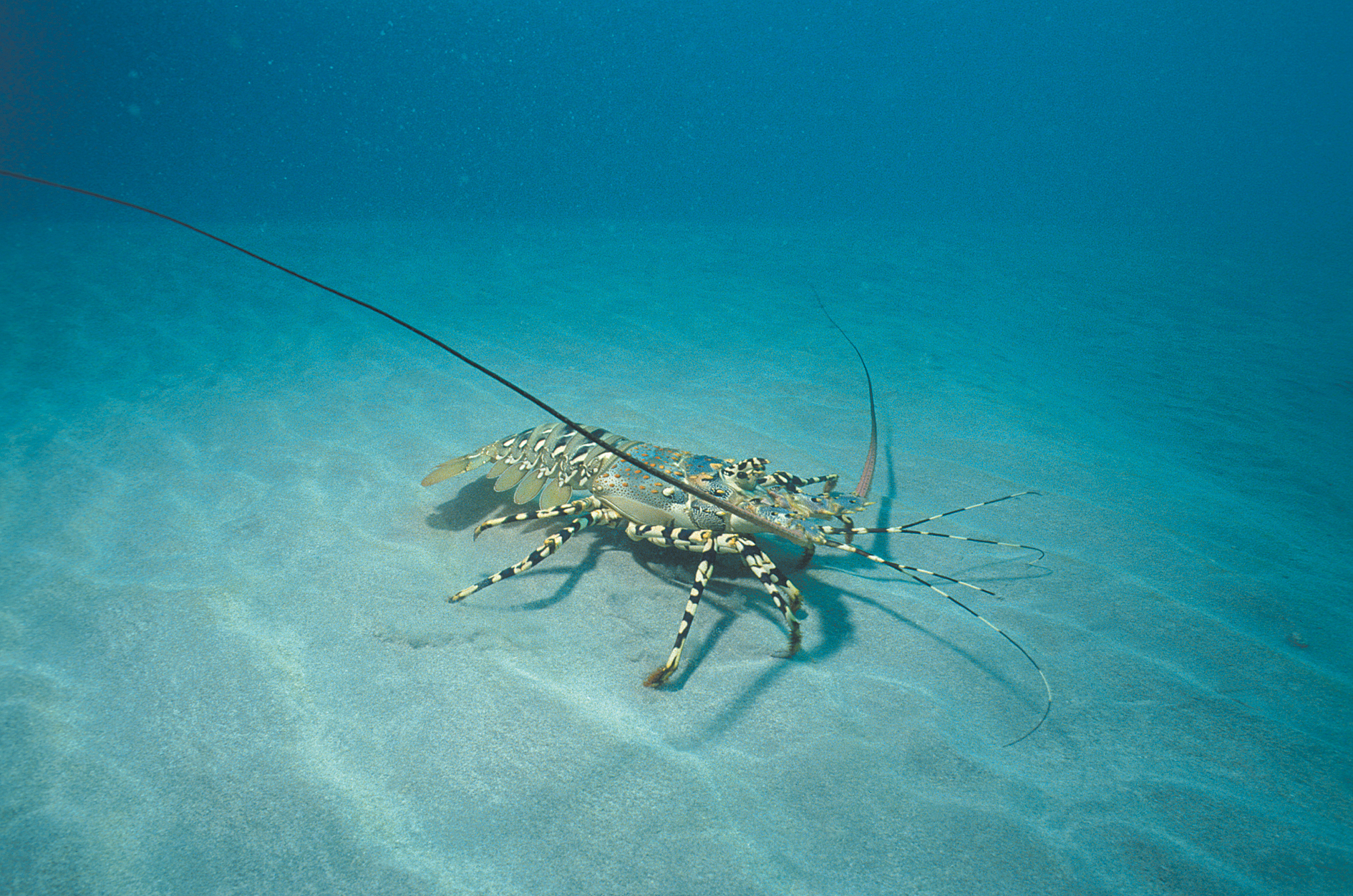Rock lobster fishery balances lifestyle and livelihood

CSIRO researchers are studying the Torres Strait tropical rock lobster fishery to develop a scientific approach to integrate cultural factors into natural resource management.
“Fisheries management traditionally involves balancing commercial gain and sustainability, but for Indigenous communities cultural and lifestyle factors can be just as important and these factors are more difficult to measure,” says Dr Eva Plaganyi of CSIRO’s Wealth from Oceans Flagship.
“Globally, small-scale fisheries employ around 38 million people and it’s important to look at the impact of natural resource management practices on their livelihood,” she says.
“Often research into fisheries management has focused on commercial businesses and overlooked the unique characteristics of Indigenous fishers. We wanted focus on economic needs as well as socio-cultural rights and values.”
Dr Eva Plaganyi, CSIRO Wealth from Oceans Flagship
The Torres Strait tropical rock lobster fishery has many stakeholders, including non-Indigenous commercial fishers and Indigenous fishers who fish for reasons ranging from subsistence to commercial. The social objectives of the fishery are spelled out in a treaty between Australia and Papua New Guinea that acknowledges and protects the traditional fishing practices of Indigenous people.
“Often research into fisheries management has focused on commercial businesses and overlooked the unique characteristics of Indigenous fishers. We wanted focus on economic needs as well as socio-cultural rights and values,” says Dr Plaganyi.
The multidisciplinary team of researchers brought together a range of sophisticated methods, from mathematics and modelling to social science interviews. Their results allow managers to understand the potential trade-offs when making a management decision that affects not only a resource but also the people who depend on it.
“Market-based management options might score highly in a capitalistic society, but we found that two key social indicators, namely equity and a sense of self-determination, underpin successful management,” says Dr Plaganyi.
“Indigenous communities have aspirations and cultural considerations that are simultaneously unique and important, and their communities are often communalistic rather than being driven solely by economic considerations. We have developed an objective scientific approach that reflects this and can be applied to natural resource management beyond fisheries,” she says.
The research described here is underpinned by extensive consultations with Indigenous fishers, as well as other sectors and managers. It builds on a long history of involvement in the Torres Strait, with CSIRO divers planning the 25th annual lobster survey this year.
This research was funded by Australian Fisheries Management Authority and CSIRO.
‘Integrating Indigenous Livelihood and Lifestyle Objectives in Managing a Natural Resource’will be published this week in the online early edition of Proceedings of the National Academy of Sciences.
Image: Panulirus ornatus, the tropical rock lobster.
 Follow
Follow